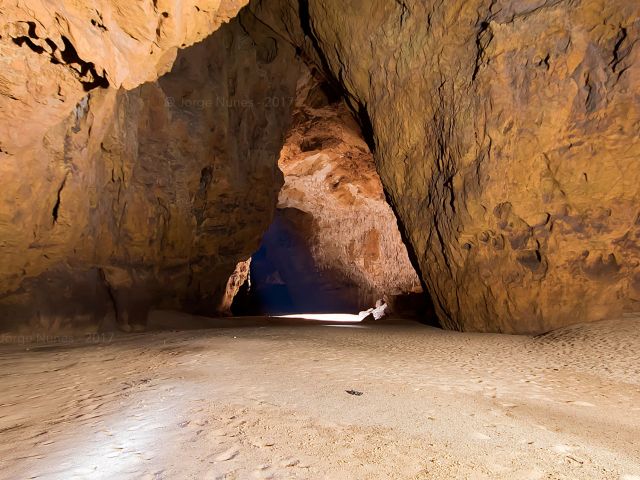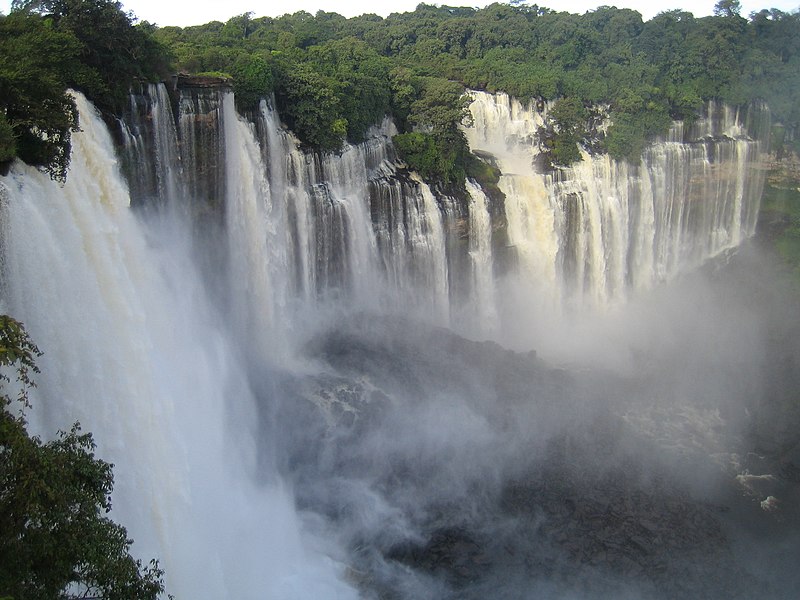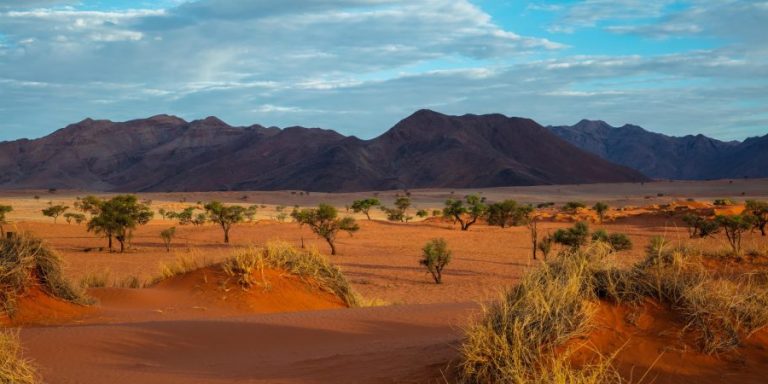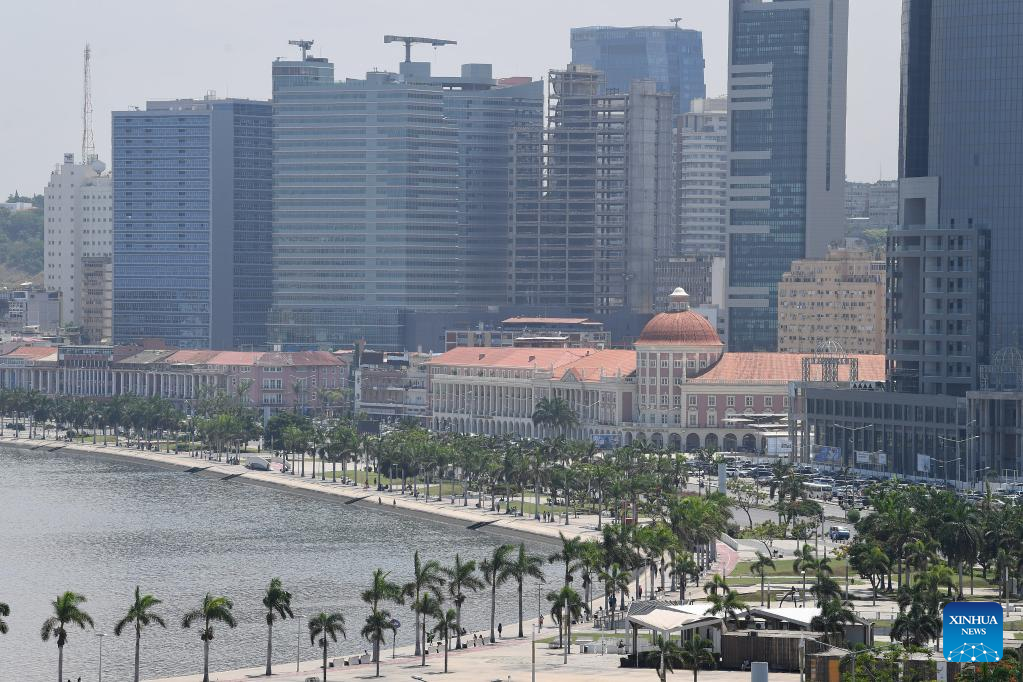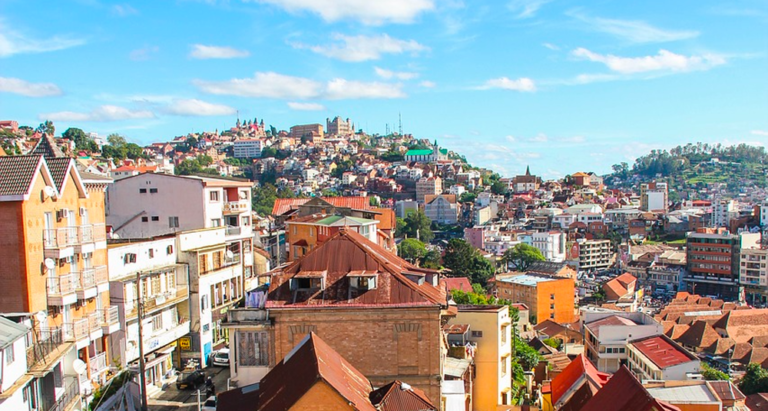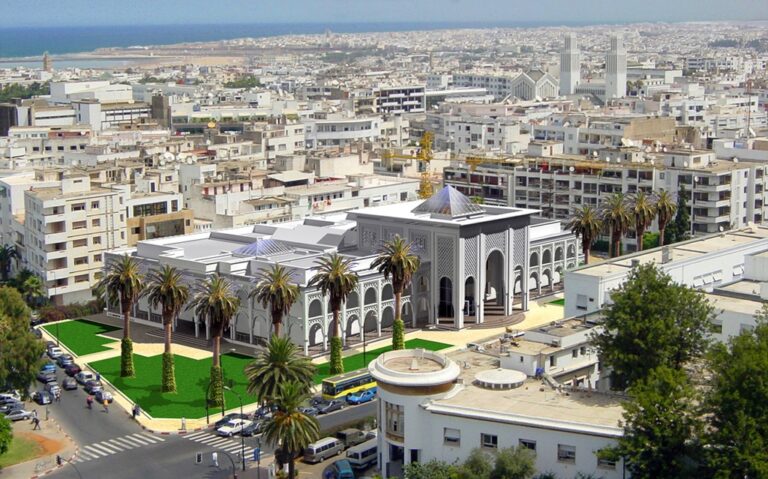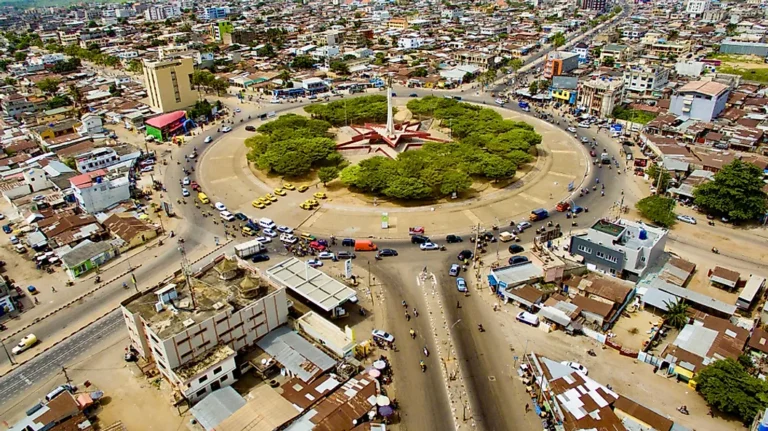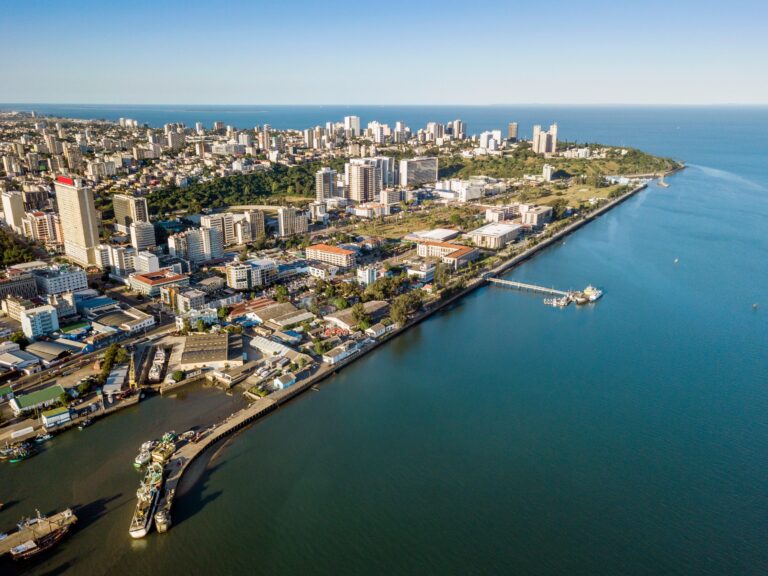Angola, located in Southern Africa, has a wide variety of landscapes, including the sub-Saharan desert that reaches Namibia, mild Atlantic beaches, and a complex system of rivers. The country’s colonial history is reflected in its Portuguese-influenced cuisine and its landmarks including Fortaleza de São Miguel, a fortress built by the Portuguese in 1576 to defend the capital.
The capital city of Angola is Luanda. The current population of Angola is 35,914,315 as of Tuesday, June 27, 2023, based on Worldometer elaboration of the latest United Nations data. The president is Joao Lourenco since September 2017.
Angola’s economic freedom score is 52.6, making its economy the 139th freest in the 2022 Index. Angola is ranked 29th among 47 countries in the Sub-Saharan Africa region, and its overall score is below the regional and world averages. The economy contracted by 4.0 percent in 2020.
the most common language is Portuguese, and others like also Kimbundu, Umbundu, Chokwe, and Kikongo. Apart from a few Europeans and isolated bands of Northern Khoisan speakers such as the Kung (a San group) in the remote southeast, all Angolans speak the Bantu languages of the Niger-Congo language family, which dominates western, central, and southern Africa. The young people of Angola mostly deal in the oil refinery and gas companies and others do various jobs in the different companies.
The companies in Angola are different and dominate the country’s economy but Angola Telecom is the country’s largest company, specializing in communications but also engages in other fields.
Angola’s growth strategy centers on the oil refining industries since they provide more income for the country and provide employment opportunities across a wide range of sectors, thereby reducing youth unemployment.
Angola has set a 2020-2022 strategic plan that contributes to humanitarian and development efforts and is directly aligned with national plans and the efforts of humanitarian and development partners.
Business opportunities in Angola
In 2015 an aerial survey of Angolan mining potential covering 48% of the territory, estimated the production of 38 different types of minerals (including by-products) and rocks; • We also have diamonds, iron, gold, phosphates, manganese, copper, lead, zinc, tungsten, titanium, chromium, marble, granite, and uranium;
Angola is home to a wide variety of natural ecosystems with diverse fauna and flora, from humid forests to dry, cold highlands to arid savannas and deserts, and from the coast to islands, bays, mountains, and volcanic fissures, waterfalls, and caves.
